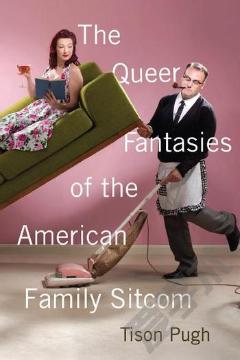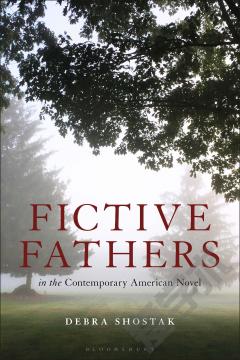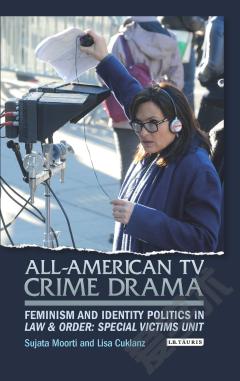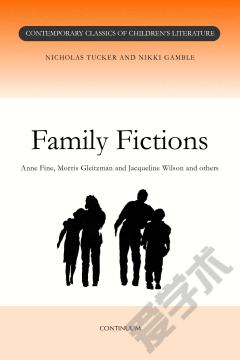The Queer Fantasies Of The American Family Sitcom
The queer fantasies of the american family sitcom examines the evasive depictions of sexuality in domestic and family-friendly sitcoms. Tison pugh charts the history of increasing sexual depiction in this genre while also unpacking how sitcoms use sexuality as a source of power, as a kind of camouflage, and as a foundation for family building. The book examines how queerness, at first latent, became a vibrant yet continually conflicted part of the family-sitcom tradition. Taking into account elements such as the casting of child actors, the use of and experimentation with plot traditions, the contradictory interpretive valences of comedy, and the subtle subversions of moral standards by writers and directors, pugh points out how innocence and sexuality conflict on television.
{{comment.content}}








 京公网安备 11010802027623号
京公网安备 11010802027623号